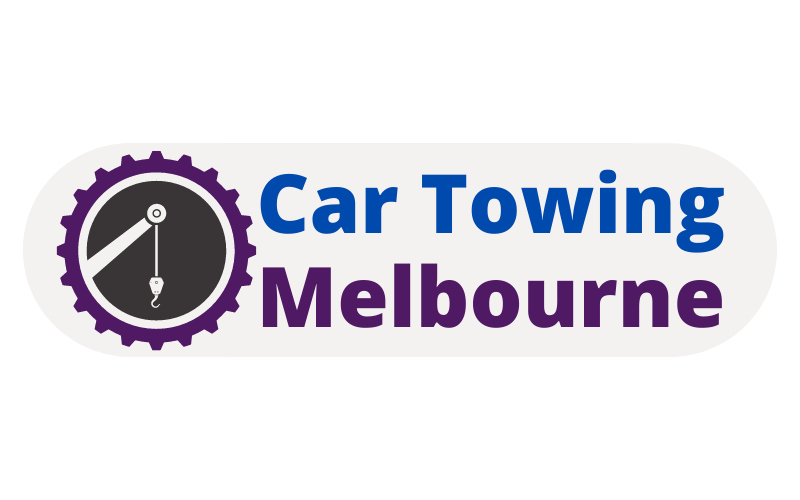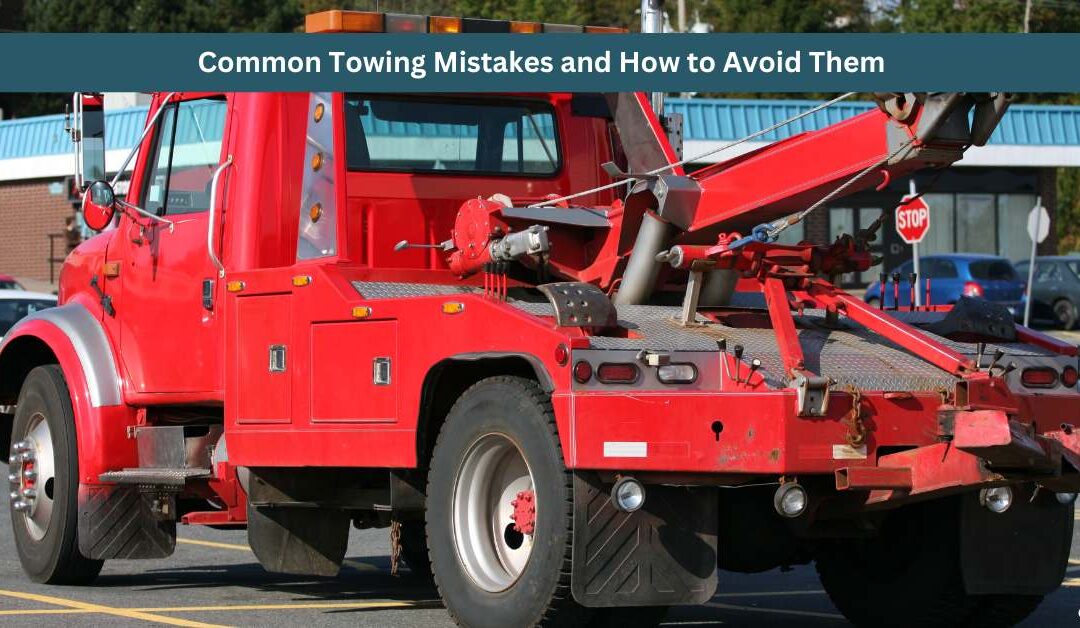Towing a vehicle may seem straightforward, but there are many common mistakes that can lead to serious problems for both the tower and the towed vehicle. Whether you’re an experienced operator or a DIY tower, knowing what to avoid can save you time, money, and stress. Here’s a list of the most common towing mistakes and tips on how to avoid them.
1. Using the Wrong Tow Vehicle
One of the biggest mistakes people make is using a tow vehicle that’s not suited for the job. Each vehicle has a specific towing capacity, which is the maximum weight it can safely tow. Using a vehicle that isn’t designed for the load can lead to mechanical failure, brake issues, and loss of control on the road.
How to Avoid It: Always check the manufacturer’s recommended towing capacity for your vehicle before attaching a trailer or towed vehicle. Ensure that the total weight (including the trailer and any cargo) is well within the tow vehicle’s limits.
2. Improper Weight Distribution
Incorrect weight distribution is a common cause of trailer sway, which can make towing dangerous. If too much weight is placed at the rear of the trailer or too much at the front, it can affect the balance of the towed load, leading to instability.
How to Avoid It: Distribute the weight evenly, with around 60% of the load placed toward the front of the trailer. This helps stabilize the trailer and improves towing control. Consider using weight distribution hitches if towing heavy loads to balance the weight across the tow vehicle and trailer.
3. Neglecting Safety Chains
Safety chains are a crucial backup connection between your tow vehicle and trailer. Many people either skip using them or attach them incorrectly, which can be dangerous if the hitch fails while on the road.
How to Avoid It: Always use safety chains when towing and ensure they are crossed underneath the trailer’s tongue. This crossing pattern helps catch the tongue if it becomes disconnected from the hitch, preventing it from hitting the ground.
4. Overlooking Tire Pressure and Condition
Incorrect tire pressure or poor tire condition can cause serious problems during towing, such as blowouts or poor handling. Tow vehicles and trailers should have properly inflated tires to handle the extra load, and old, worn tires can quickly deteriorate under the added stress.
How to Avoid It: Check the tire pressure of both the tow vehicle and the trailer before any trip. Follow the recommended PSI for both. Additionally, inspect the tire treads and sidewalls for signs of wear or damage.
5. Ignoring Trailer Lights and Brakes
Many drivers overlook the importance of functioning trailer lights and brakes. Broken or malfunctioning lights can lead to accidents, as other drivers may not see your signals or be aware of your movements. Trailer brakes are essential for controlling heavy loads, and neglecting them can lead to brake failure.
How to Avoid It: Perform a pre-tow inspection to ensure all lights are working, including brake lights, turn signals, and tail lights. If your trailer has electric brakes, make sure the brake controller in your tow vehicle is properly calibrated.
6. Not Knowing How to Back Up Properly
Backing up with a trailer can be tricky, especially for inexperienced drivers. Many people end up jackknifing (when the trailer and tow vehicle form a sharp V shape) or struggle with maneuvering the trailer in reverse.
How to Avoid It: Take your time when backing up. Turn the steering wheel in the opposite direction of where you want the trailer to go. If possible, practice backing up in an open space before hitting the road, and use a spotter to guide you when possible.
7. Exceeding Speed Limits
Towing at high speeds is a common mistake that can result in losing control of the trailer, increased braking distances, or even tipping over. High speeds make it more difficult to handle sudden movements and reduce your reaction time.
How to Avoid It: Stay within the recommended speed limits for towing, which are often lower than regular speed limits. Aim for a steady, safe speed, typically between 55-65 mph, depending on the road conditions and your load.
8. Failing to Use Towing Mirrors
When towing, your regular side mirrors may not provide adequate visibility of your trailer or the vehicles around you. This can make it harder to change lanes or monitor the trailer’s behavior.
How to Avoid It: Install towing mirrors or mirror extensions to increase your field of vision. This will give you a clearer view of the trailer and the surrounding traffic, improving safety.
9. Not Accounting for Stopping Distance
Many drivers fail to consider that towing increases the amount of time and distance needed to stop. Heavy loads put additional strain on the braking system, which can result in longer stopping distances or brake failure if not managed correctly.
How to Avoid It: Increase your following distance when towing to allow for extra braking time. Avoid sudden stops, and brake early to give yourself plenty of room. If your trailer has its own brakes, ensure they are functioning correctly to assist with the stopping process.
10. Forgetting About Trailer Height
Drivers often forget that trailers can be significantly taller than their tow vehicle. This can lead to accidents when passing under low bridges, entering garages, or driving through tight spaces.
How to Avoid It: Always be aware of the height of your trailer and check for clearance signs, especially when entering areas like tunnels, parking garages, or bridges. Keep a mental note of your trailer’s height to avoid costly damages.
Conclusion
Towing requires careful planning and attention to detail. By avoiding these common mistakes, you can ensure a safer and more efficient towing experience. Always prioritize safety, conduct a pre-trip inspection, and take the necessary precautions to protect both your vehicle and others on the road.
Now Car Towing Melbourne is available in Harkness, Victoria 3337, Australia.
Car Towing Melbourne
(03) 7037 7625

